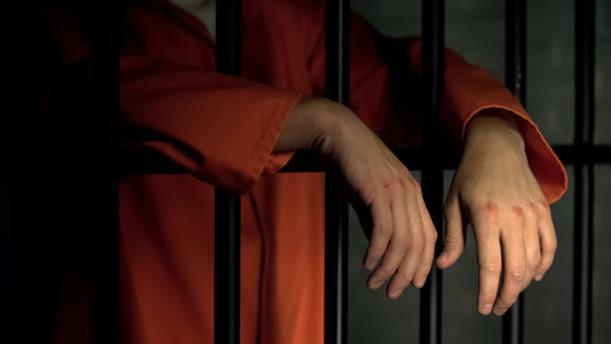
Being charged with a crime has the potential to dramatically alter one’s life. The things a defendant does at the time of their arrest, or immediately afterward, can significantly increase the chances that they will receive a life sentence. Their behavior, how evidence is handled, and the history of the defendant are all carefully reviewed by the courts.
It is very important to recognize the common mistakes that are made in such cases:
1. Poor Defense Attorney
One of the most common errors that happen involves the quality of legal representation. The selection of ineffective legal counsel is frequently a primary factor contributing to excessively severe penalties. Many defendants appoint attorneys who lack relevant experience or are overextended, leading to important evidence being overlooked and critical procedural safeguards being ignored. Skilled defense attorneys meticulously review witness statements, police records, and forensic reports to construct robust defenses. In the absence of good representation, a defendant may find themselves asking, “how many years is a life sentence?“ — a consequence that might have been avoided with proper legal advocacy.
2. Mishandling Evidence
The courts rely heavily on credible evidence. If a defendant has tampered with, destroyed, or hidden evidence, they are considered to have obstructed justice. This offense adds serious penalties to a defendant’s sentence. Unintentionally mishandling evidence also provides the prosecution with leverage to argue that a defendant is dishonest; therefore, increasing the likelihood that a defendant will receive a life sentence.
3. Perjury
If a defendant lies under oath, they lose credibility with judges. Dishonorably defending a client erases the positive impact of valid legal arguments. How honest and consistent a defendant is in their testimony directly influences sentencing decisions.
4. Past Crimes
A defendant’s criminal history is a significant factor in sentencing. Individuals with prior convictions, especially for violent offenses, are regarded by courts as posing a greater threat to public safety than first-time offenders. In certain jurisdictions, “Three Strikes” laws mandate a life sentence upon conviction for a third serious crime. Consequently, even a minor prior offense can substantially increase the penalties for a current conviction.
5. Poor Behavior in Court
A defendant’s behavior before the judge directly impacts how they are perceived. Disrespectful comments and emotional outbursts toward the bench can negatively affect the judge’s decision regarding the defendant’s sentence. A respectful and cooperative demeanor toward the bench demonstrates accountability. Arrogant behavior toward the judge may result in a harsher sentence.
6. Lack of Remorse
Both the defendant’s behavior and attitude during proceedings are critical considerations for the court. Remorse is an important aspect of sentencing that judges evaluate as an indicator of a defendant’s potential for rehabilitation. Indifference suggests to the judge that the defendant may continue to pose a threat to society. Expressing responsibility and regret during a sentencing hearing may contribute to a reduction in the severity of the imposed punishment.
7. Rejecting a Fair Plea Deal
Pretrial legal decisions can significantly influence case outcomes. Refusing a reasonable plea bargain may result in the defendant facing trial on felony charges. If convicted of a major felony, the defendant’s sentencing alternatives become severely constrained. Prosecutors frequently seek harsher sentences when they perceive that the defense has unnecessarily prolonged proceedings or failed to negotiate in good faith.
8. Being Involved in Aggravating Circumstances
Some actions automatically increase the severity of a crime. Utilizing a weapon, killing multiple people, or targeting vulnerable victims are examples of aggravating circumstances that may convert a lengthy prison term to a life imprisonment sentence. Prosecutors use aggravating circumstances to support the maximum penalties permitted by law.
Key Takeaways
- Skilled legal defense is essential to achieving a fair and just sentencing.
- Mishandling evidence and dishonesty will immediately destroy a defendant’s credibility.
- A defendants’ prior records, behavior in court, and lack of remorse will all contribute to the judge’s discretionary power in sentencing.
- Declining a reasonable plea agreement and participating in aggravating circumstances may result in a defendant receiving a life imprisonment sentence.

